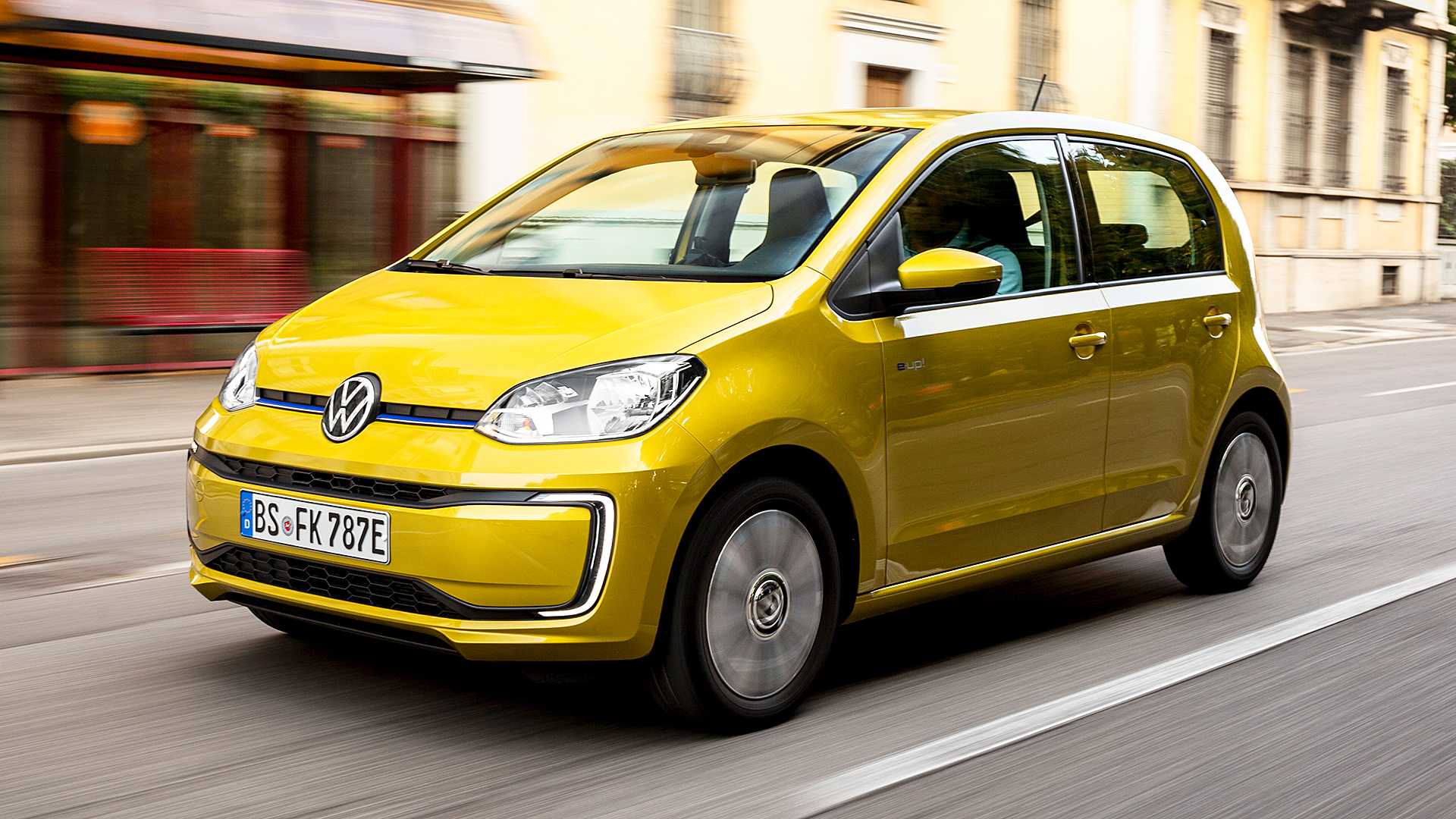Read The Full Article On: Ride
The COVID-19 pandemic will likely change life as we’ve known it in ways that are difficult to predict. However, one thing that isn’t likely to change is our need for safe, affordable transportation. With this in mind, you may be wondering what path to take regarding an electric vehicle (EV) purchase during the current crisis.
- Due to how easy it is to catch the virus from people who are in close proximity, COVID-19 has made transportation options such as ridesharing and public transit riskier choices than private car ownership.
- Owning your own EV allows you to travel without spending time in close quarters with other people, and that makes this mode of transportation a safe pick during the current outbreak.
- If you’re thinking about buying an EV during the COVID-19 pandemic, there are pros and cons to consider.

Many carmakers are offering great bargains during the COVID-19 crisis in an attempt to attract buyers and boost flagging sales. (Photo: Eric McLean/Unsplash)
Pros
Low interest rates. The COVID-19 pandemic has caused a severe economic slowdown. To help boost spending, the Federal Reserve has made cuts to the federal funds rate. The emergency interest-rate reduction is the largest in the Fed’s history. This rate cut means that if you plan on financing your EV, you may be able to secure a car loan with low interest. Low interest rates can make your car loan more affordable, saving you money over the long haul.
Great deals. COVID-19 concerns have made many people reluctant to venture into public spaces such as car dealerships. This is expected to cause a sudden and acute drop in car sales. Dealers aren’t taking this without a fight, and many have introduced attractive bargains designed to woo buyers. Because of these deals, you may find that the new EV you’ve had your eye on is now more accessibly priced than ever.
Deferred financing. Many shoppers are skittish about committing to an EV purchase when it’s possible that the COVID-19 crisis could ultimately cause them to lose their job. To address this, many automakers are providing new-car buyers with financing deals that allow them to defer their payments. Ford announced that its financing unit is offering new-car buyers the option of deferring their first payment by 90 days, and Nissan says it will roll out a similar program. Hyundai has said it will defer payment for certain new vehicles in its fleet by 90 days, and it will provide up to six months of payment relief for customers who become jobless.

Many have safety concerns about visiting a car dealership during the COVID-19 pandemic. (Photo: Hello I’m Nik/Unsplash)
Cons
Closed dealer showrooms. Stay-at-home restrictions have been enacted in many states and cities. In some cases, these restrictions allow dealers to keep their service departments open, but require them to close their showrooms. This means that if you live in one of these areas, some dealer showrooms in your vicinity may not be open. This could limit your range of options when shopping for a vehicle.
Safety concerns. It’s a good idea to see a car in person before you buy, and take it for a test drive. Because of COVID-19, this could create safety concerns. It may require you to spend time in close proximity to others in an auto dealership, behind the wheel of a car that may have been contaminated by other customers. However, it’s important to remember that many dealers have announced special safety measures to prevent transmission during the outbreak. These include cleaning and sanitizing all surfaces multiple times daily and asking guests and employees to stay home if they are sick. Better yet, some dealers are offering home delivery service that allows you to complete your car purchase without leaving your residence.
WHY THIS MATTERS
Overall, if you have a good idea of which model you want to buy, you should be able to get some great deals on your EV during the current crisis. However, if you anticipate needing to do a lot of shopping around before deciding on a model, it might not be worth the risk and the hassle.

